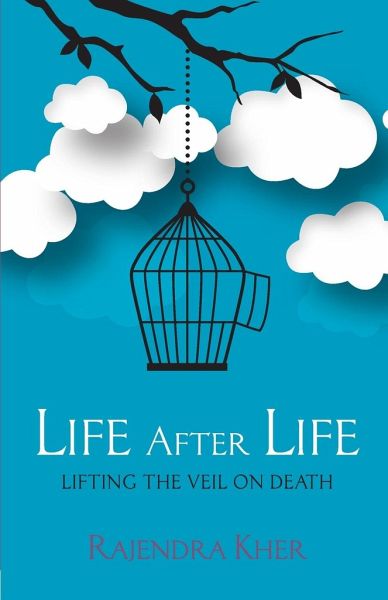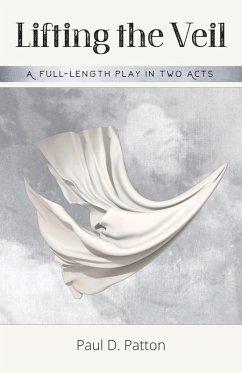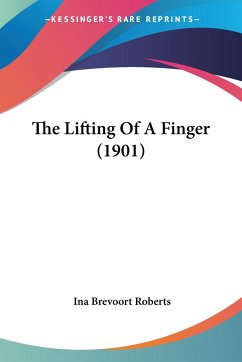
Life After Life - Lifting the Veil on Death

PAYBACK Punkte
11 °P sammeln!
Two great truths govern human existence: impermanence is the law of the Universe and therefore it is inevitable, but the jeewatma (soul) is permanent and lives forever. When one views human existence from the perspective of this knowledge, then the only certitude is that there is no death. With the materialization of the Universe the wheel of time was set in motion, imprinting preordained impermanence. Yet, despite the world's impermanence, Man is offered the opportunity of acquiring knowledge and achieving spiritual growth within his lifespan. The cosmic soul momentarily adopts a human body t...
Two great truths govern human existence: impermanence is the law of the Universe and therefore it is inevitable, but the jeewatma (soul) is permanent and lives forever. When one views human existence from the perspective of this knowledge, then the only certitude is that there is no death. With the materialization of the Universe the wheel of time was set in motion, imprinting preordained impermanence. Yet, despite the world's impermanence, Man is offered the opportunity of acquiring knowledge and achieving spiritual growth within his lifespan. The cosmic soul momentarily adopts a human body to experience advancement in human form. But when the jeewatma departs the physical body from one of the five koshas (sheaths), it is released from this confinement and bondage into the joyful revelation of its true nature. The soul experiences divine love and achieves a state of timelessness. The demise of the human body thus becomes the moment for joyful fulfillment - when the jeewatma achieves ultimate growth and eternal beauty. Though the human form and external body decays, the jeewatma or the subtle body/soul, remains intact in its true and original form. Litterateur Rajendra Kher has spent long years studying the subject of death. He has researched both ancient and modern references, as well as the Vedas, Upanishads, Bhagavad-Gita, Srimad Bhagvatam and various mythological literature in his attempt to unravel and comprehend death and 'life after life'. He has also analyzed the personal experiences of rishis, scholars, masters and yogis; adding his findings to the book to make it comprehensive. The gift contained in these pages is the lifting of the veil on death. In so doing, it frees each of us from unknown fears and dread about death and dying, enabling us to experience instead, true happiness and the grace of living.














